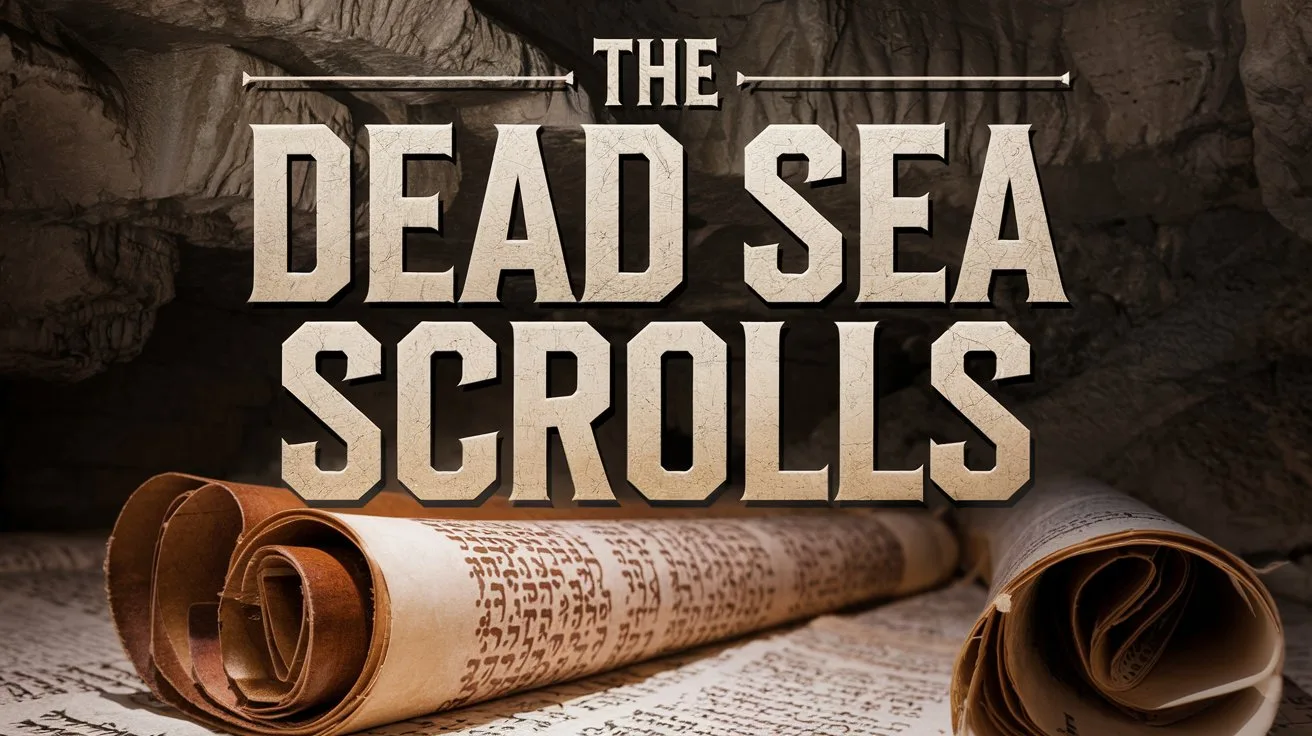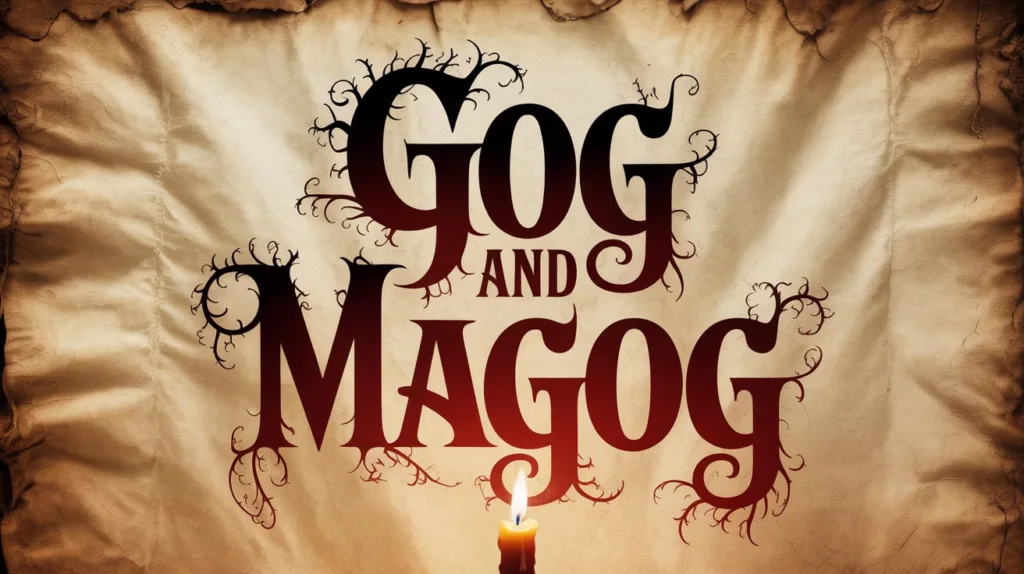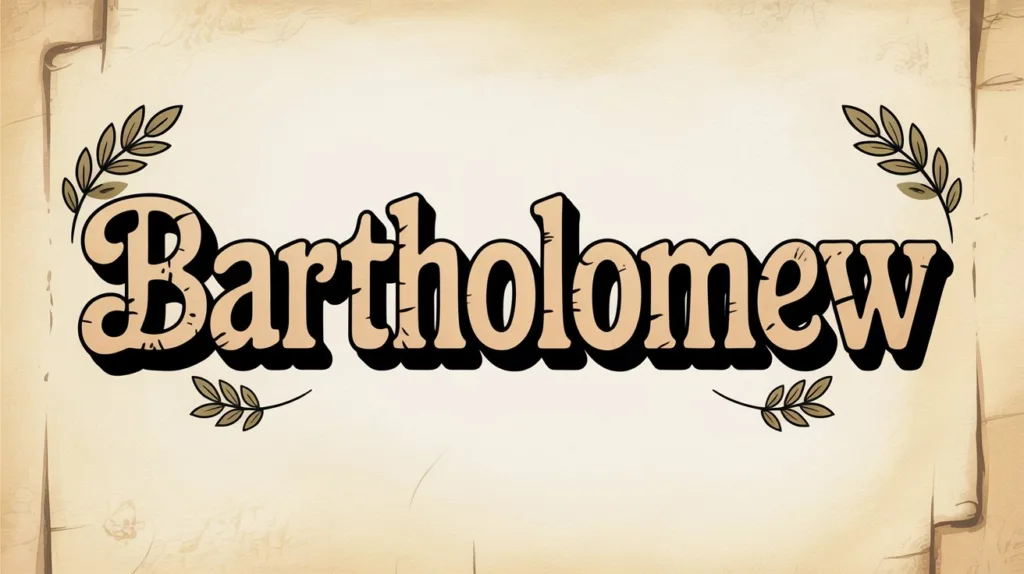The Dead Sea Scrolls (DSS) are one of the most significant archaeological discoveries of the 20th century. These ancient manuscripts provide strong evidence that the Old Testament we have today, particularly as found in the Masoretic Text (MT), has been faithfully preserved over time. Since the King James Version (KJV) and New King James Version rely on the Masoretic Text, the discovery of the Dead Sea Scrolls serves as a powerful confirmation of the accuracy and reliability of these translations.
When and Where Were the Dead Sea Scrolls Found?
In 1947, a young Bedouin shepherd stumbled upon a cave in the Qumran region, near the northwestern shore of the Dead Sea. Inside the cave, he found clay jars containing ancient scrolls. Over the next decade, archaeologists discovered a total of eleven caves containing fragments of nearly 1,000 scrolls.
The Qumran community, often associated with the Essenes, is believed to have hidden these scrolls in the caves to preserve them from destruction (possibly during the Roman invasion of 68-70 A.D.). The scrolls remained hidden for nearly 2,000 years before being rediscovered.
How Old Are the Dead Sea Scrolls?
Scholars date the Dead Sea Scrolls between 250 B.C. and 70 A.D., making them the oldest surviving manuscripts of the Old Testament. This means they predate the standard Masoretic Text, which was finalized around 900-1000 A.D., by over 1,000 years.
How Do the Dead Sea Scrolls Confirm the Bible’s Accuracy?
One of the greatest criticisms against the Bible has been the claim that it has been altered over time. However, the Dead Sea Scrolls provide irrefutable proof that the Old Testament has been faithfully preserved.
When scholars compared the Dead Sea Scrolls with the Masoretic Text, they found an astonishing level of agreement. In some cases, entire chapters were nearly identical, proving that the Jewish scribes meticulously copied and preserved God’s Word without substantial changes.
The Isaiah Scroll – A Powerful Confirmation
One of the most significant finds was the Great Isaiah Scroll, which contains the full text of the Book of Isaiah and dates to about 150 B.C.. When compared to the Masoretic Text, scholars found it to be over 95% identical, with the variations being minor spelling differences or grammatical details that do not change the meaning of the text.
Isaiah 53, the famous prophecy of the Suffering Servant (fulfilled in Jesus Christ), remains unchanged from the DSS to the Masoretic Text, proving the divine preservation of Scripture.
The Dead Sea Scrolls and the Masoretic Text
The Masoretic Text is the authoritative Hebrew text of the Old Testament, and it is the foundation for the KJV and NKJV translations. Some modern Bible translations, such as the NIV and ESV, rely more heavily on the Septuagint (LXX) or other textual traditions, leading to differences in certain passages.
The Dead Sea Scrolls show that the Masoretic Text is a highly accurate transmission of the original Scriptures. It proves that the Jewish scribes (especially the Masoretes) carefully preserved the Word of God with remarkable precision. As Psalm 12:6-7 declares:
“The words of the LORD are pure words, Like silver tried in a furnace of earth, Purified seven times. You shall keep them, O LORD, You shall preserve them from this generation forever.”
Jesus Himself affirmed the divine preservation of Scripture when He said:
“Heaven and earth will pass away, but My words will by no means pass away.” (Matthew 24:35)
Why This Matters for the KJV and NKJV
Since the KJV and NKJV are based on the Masoretic Text for the Old Testament, the discovery of the Dead Sea Scrolls serves as strong confirmation that these translations rely on an accurate and preserved text.
This discovery refutes the claim that the Bible has been altered over time. The evidence shows that from the Dead Sea Scrolls (250 B.C.) to the Masoretic Text (900 A.D.) to the KJV (1611 A.D.) to the NKJV (1982 A.D.), the text of Scripture has remained consistent.
As Isaiah 40:8 declares:
“The grass withers, the flower fades, But the word of our God stands forever.”
My Final Thoughts
The Dead Sea Scrolls are a powerful testimony to the faithfulness of God in preserving His Word. They confirm that the Old Testament has not been corrupted and that the Masoretic Text (the foundation of the KJV and NKJV) is a trustworthy source for biblical truth.
The critics may claim that the Bible has been changed, but the archaeological and textual evidence says otherwise. God has ensured that His Word remains intact so that His people can confidently trust the Scriptures.
The discovery of these scrolls reminds us that the Bible is not just a human book; it is God’s divinely preserved revelation, unshaken by time and unchanged by man.





 Get the book that teaches you how to evangelize and disarm doctrines from every single major cult group today.
Get the book that teaches you how to evangelize and disarm doctrines from every single major cult group today.